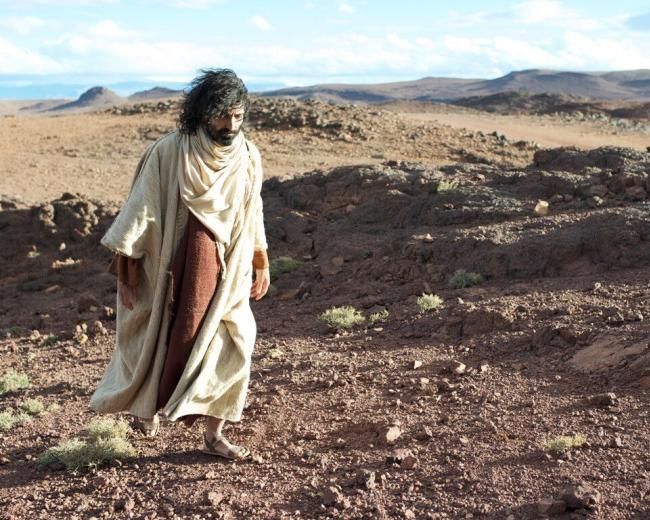Jesus fasted in the wilderness “for forty days and forty nights” (Matt 4:2), “and he ate nothing during those days” (Luke 4:2). Of Moses, the Scripture says, “So he was there with the Lord forty days and forty nights; he did not eat bread or drink water” (Exod 34:28). There are also parallels with the experience of Israel. As Israel entered the wilderness and was tested for forty years (see Deut 8:2), so Jesus was tested in the wilderness for forty days. In fact, Messiah and Israel are mentioned in similar ways in Scripture. For example, both are referred to as the seed of Abraham, 1
both are called "My servant" by God, 2
and both are given priestly functions. 3
Jesus fasted in the wilderness “for forty days and forty nights” (Matt 4:2), “and he ate nothing during those days” (Luke 4:2). Of Moses, the Scripture says, “So he was there with the Lord forty days and forty nights; he did not eat bread or drink water” (Exod 34:28). There are also parallels with the experience of Israel. As Israel entered the wilderness and was tested for forty years (see Deut 8:2), so Jesus was tested in the wilderness for forty days. In fact, Messiah and Israel are mentioned in similar ways in Scripture. For example, both are referred to as the seed of Abraham, 1 both are called "My servant" by God, 2 and both are given priestly functions. 3






